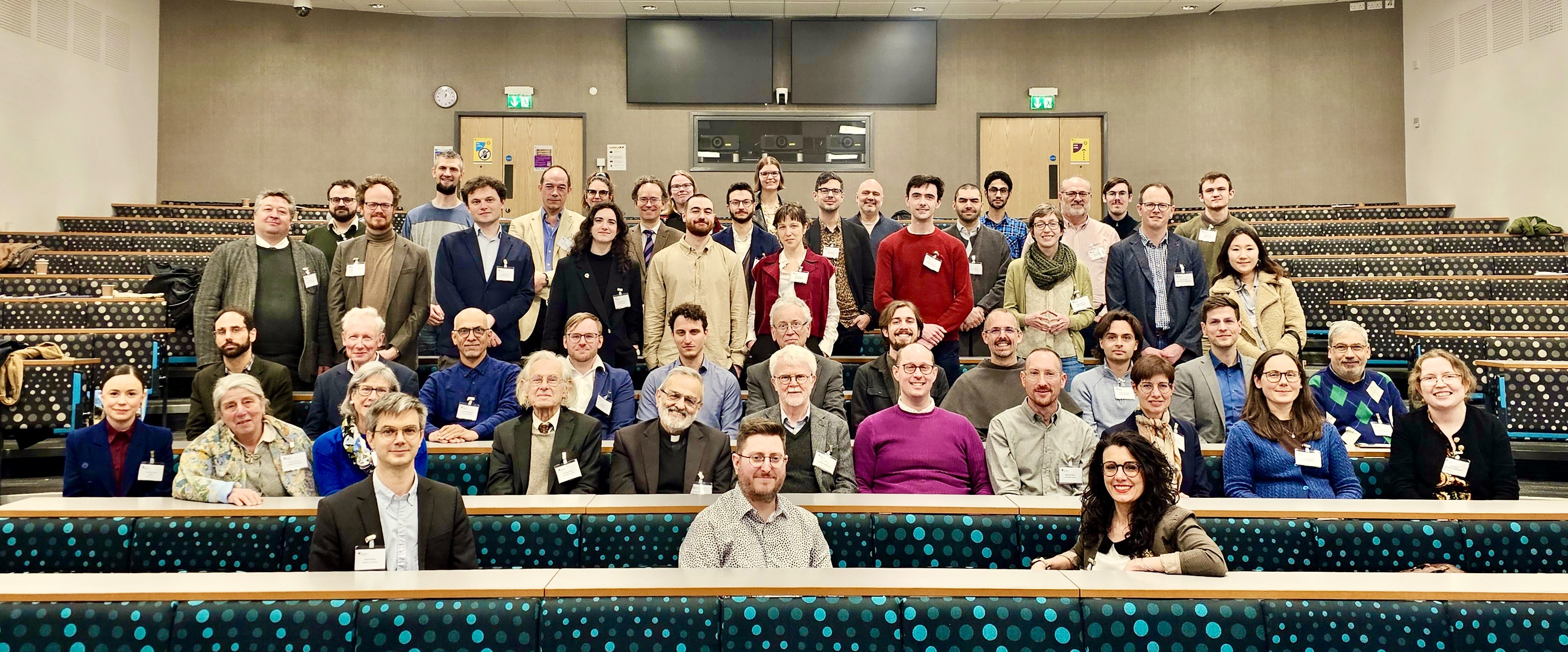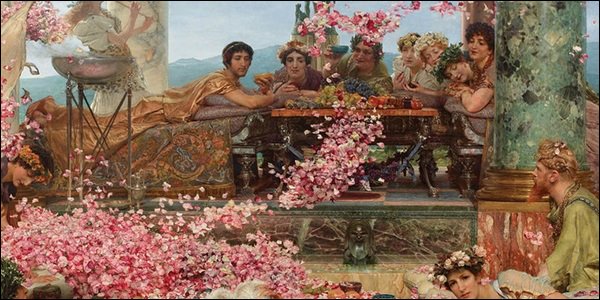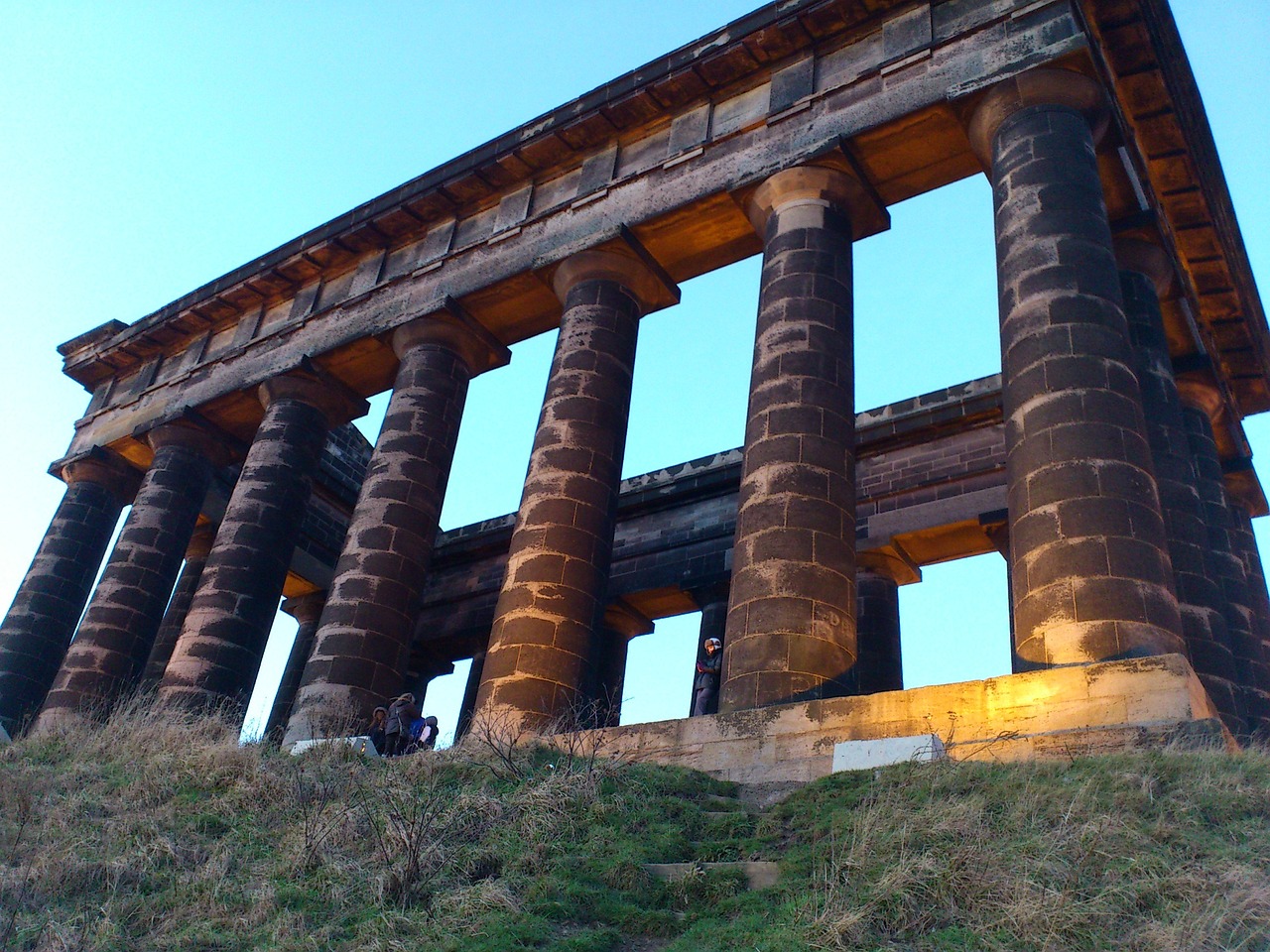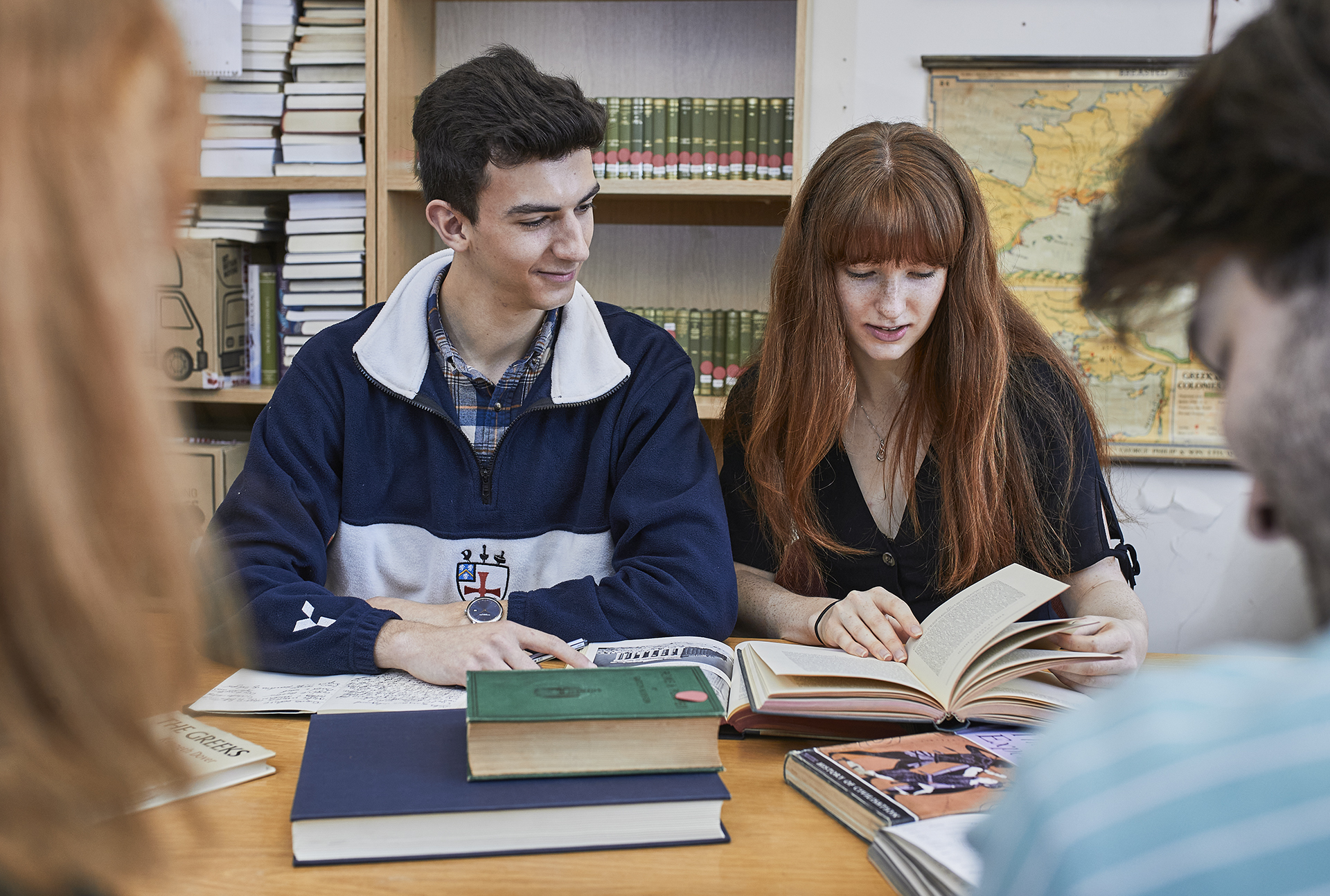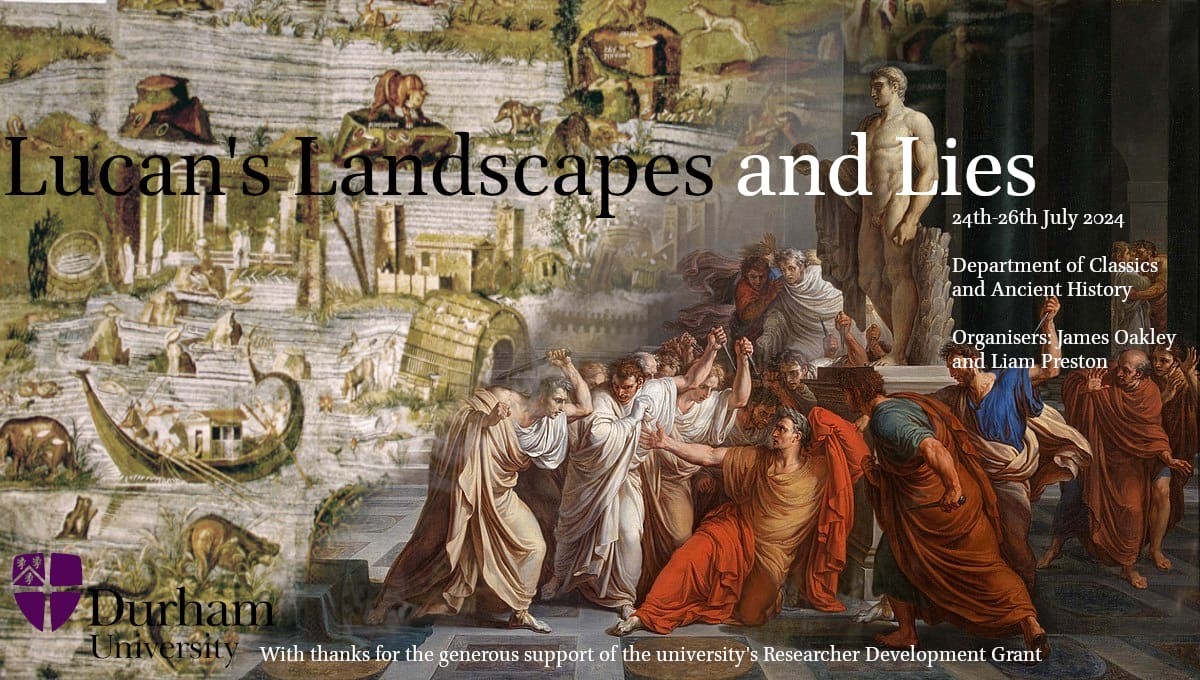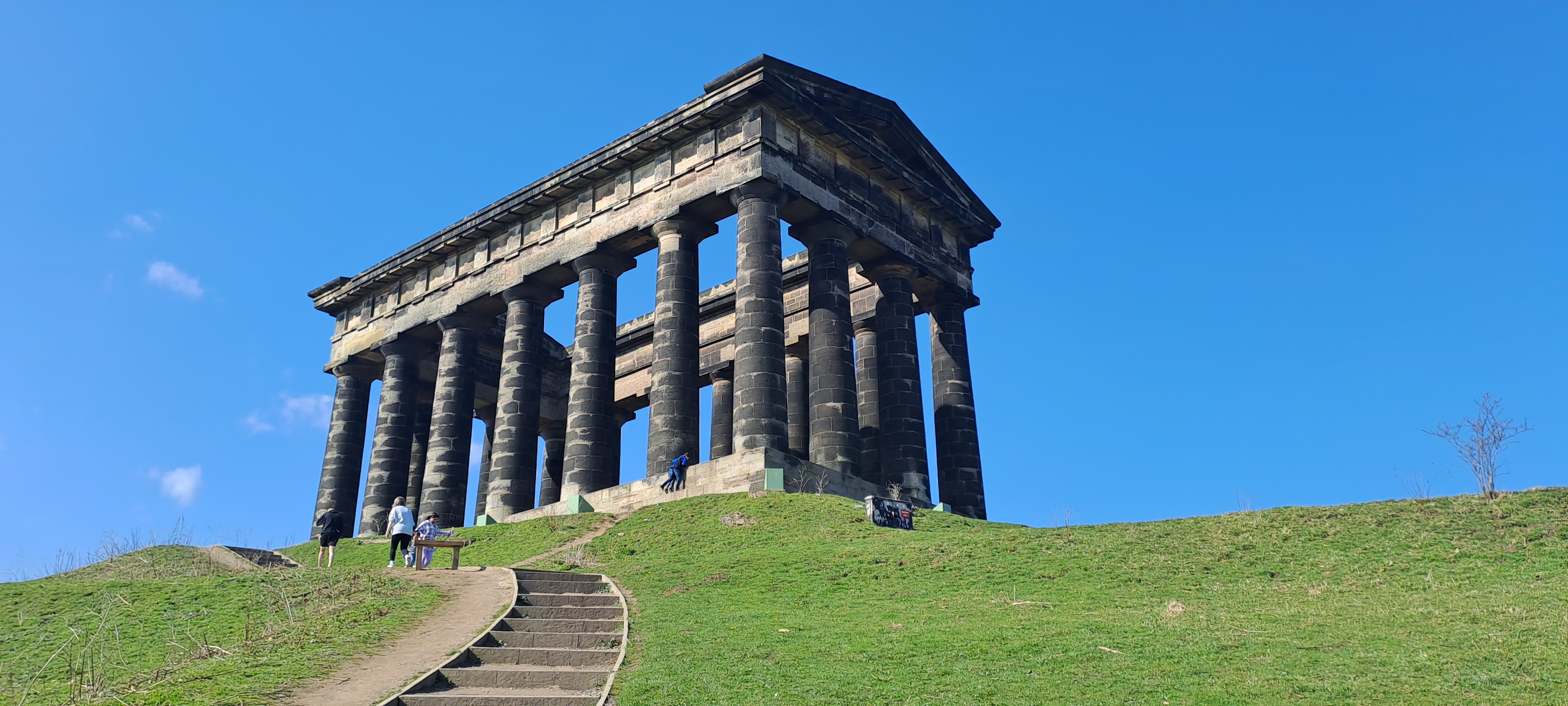Department of Classics and Ancient History
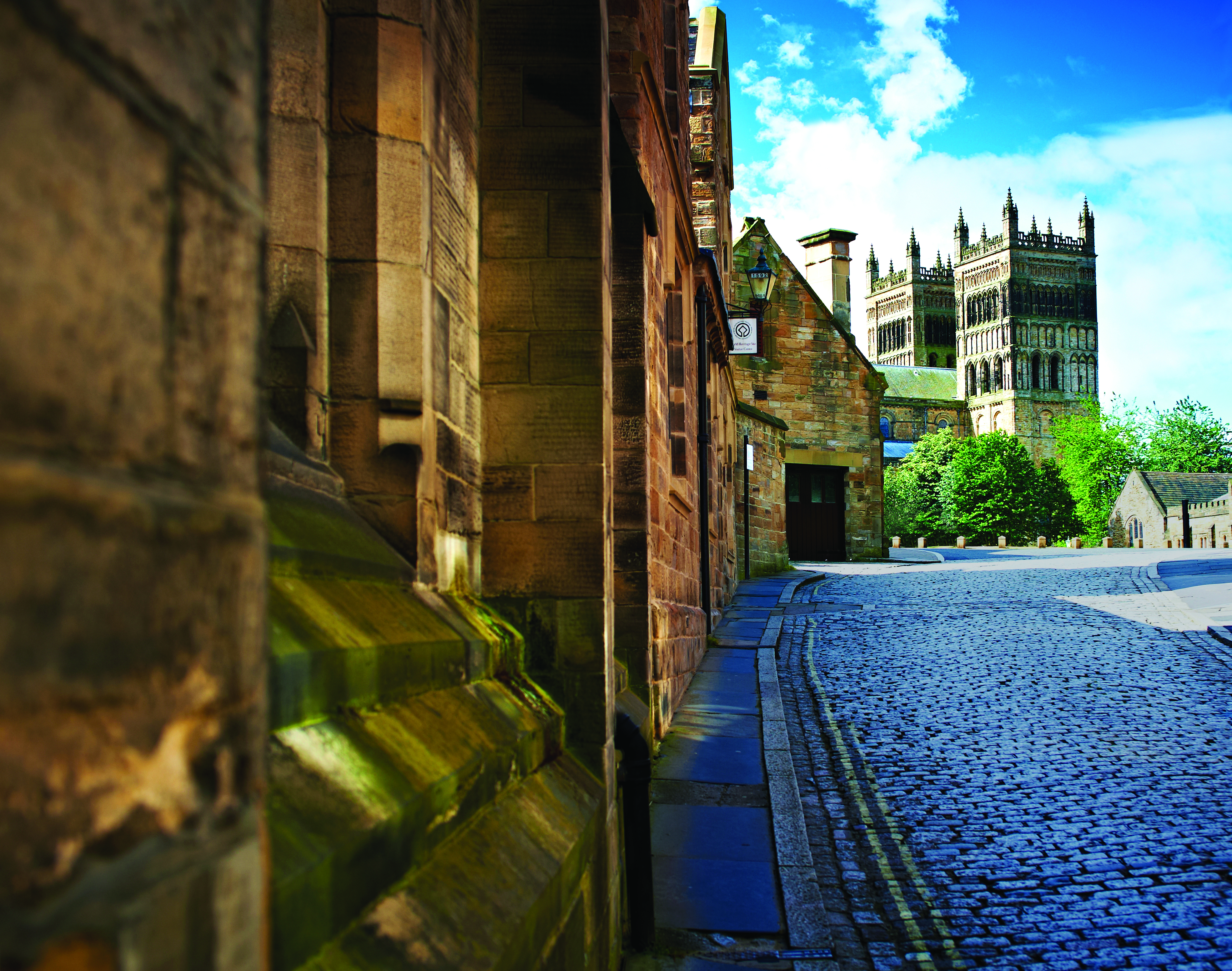
About the Department of Classics and Ancient History
Our Durham Department of Classics & Ancient History is a large and successful department. We consistently rank as one of the top Classics and Ancient History Departments in the UK for research and teaching, and came 9th in the 2025 QS World University Rankings.
Our degrees offer both academic rigour and an outstanding student experience. We are regularly among the top Classics departments in the UK for graduate employability. In 2019 we were awarded an Advance HE Athena Swan Bronze Award. This marks our ongoing commitment to equality, diversity, and inclusiveness. We are proud that our Department is highly international, forward-looking, and in many ways genuinely diverse in its makeup and outlook.
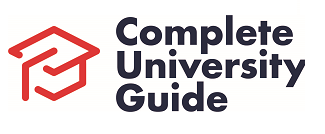
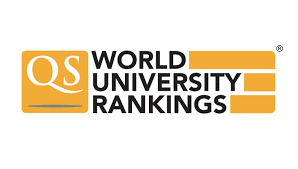
Study with us
We offer undergraduate students three Single Honours programmes - Classics, Classical Civilisation, and Ancient History - and two Joint Honours programmes with the Departments of History and Archaeology.
As a centre of world-class research, we have a strong commitment to postgraduate provision for MA and PhD students in all areas of Classics & Ancient History
Undergraduate Study
Postgraduate study
Student satisfaction
Our Department recorded an outstanding 90.7% overall student satisfaction in the National Student Survey 2021.
Our research
Explore our research centres
Our research centres bring together scholars across the university working on classical reception, the ancient Mediterranean and Near East, ancient and medieval philosophy, and ancient languages and writing systems.
Impact case studies
Discover the impact our research is making
Research environment
In the REF2021 evaluation of research quality, our Department was ranked joint fourth in the UK. Find out more about our departmental research environment
Research areas
Explore selected areas of research within the Department, from Latin poetry to digital humanities
Watch our most recent research video
Dr Mara Nicosia talks about her research into Syriac rhetoric in "Antony of Tagrit: a detective story"
Our staff
Our academic staff specialise in a broad range of artistic, historical, literary, linguistic, cultural, and philosophical aspects of the Graeco-Roman world. We have further expertise in the wider Ancient Mediterranean and Near East.
Explore our department
Alumni
Find out about our alumni benefits, and keep in touch!
Facilities
Find out about our departmental library and computer rooms
EDI initiatives
Find out about our Equality, Diversity and Inclusion initiatives
Postgraduate funding
Find out about PhD funding opportunities
What's new?
Spotlight on: Dr Katherine McDonald – understanding the ancient world through language
The languages of the past can tell us more about human history than we might have thought. As a specialist in the ancient languages of Italy, Katherine McDonald uses linguistic detective work to uncover what life was like over 2,000 years ago.
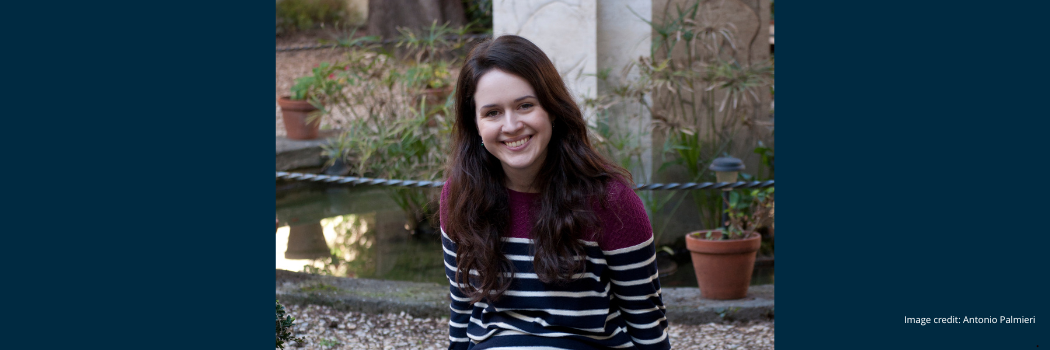
Faculty of Arts and Humanities Earns Prestigious Athena Swan Silver Award
Spotlight on: Professor Edith Hall – leading the campaign for Classics education for all
Congratulations to Dr Katherine McDonald - Philip Leverhulme Prize winner 2024
Transformative Humanities framework launched
Landmark Syriac Studies conference brings international research excellence to UK
New Durham Prize in Classical Reception 2024 Announced
QS World University Rankings by Subject 2025
We are ranked 9th in the prestigious QS World University Rankings by Subject 2025.

Classics at Durham: ancient connections and a bright future
Landmark Syriac Studies conference brings international research excellence to UK
Congratulations to Dr Katherine McDonald - Philip Leverhulme Prize winner 2024
Dr Katherine McDonald wins prestigious Philip Leverhulme Prize for 2024 with her project 'The Linguistics of Roman Slavery'. Photo credit Dr Christopher Haddad

Northern Bridge Applications 2025
Conference: Lucan’s Landscapes and Lies, 24-26 July 2024
Classics Teacher Training returns to Durham!
After several decades, teacher training in Classics is now available once again at Durham thanks to a partnership between the School of Education and the Department of Classics and Ancient History.
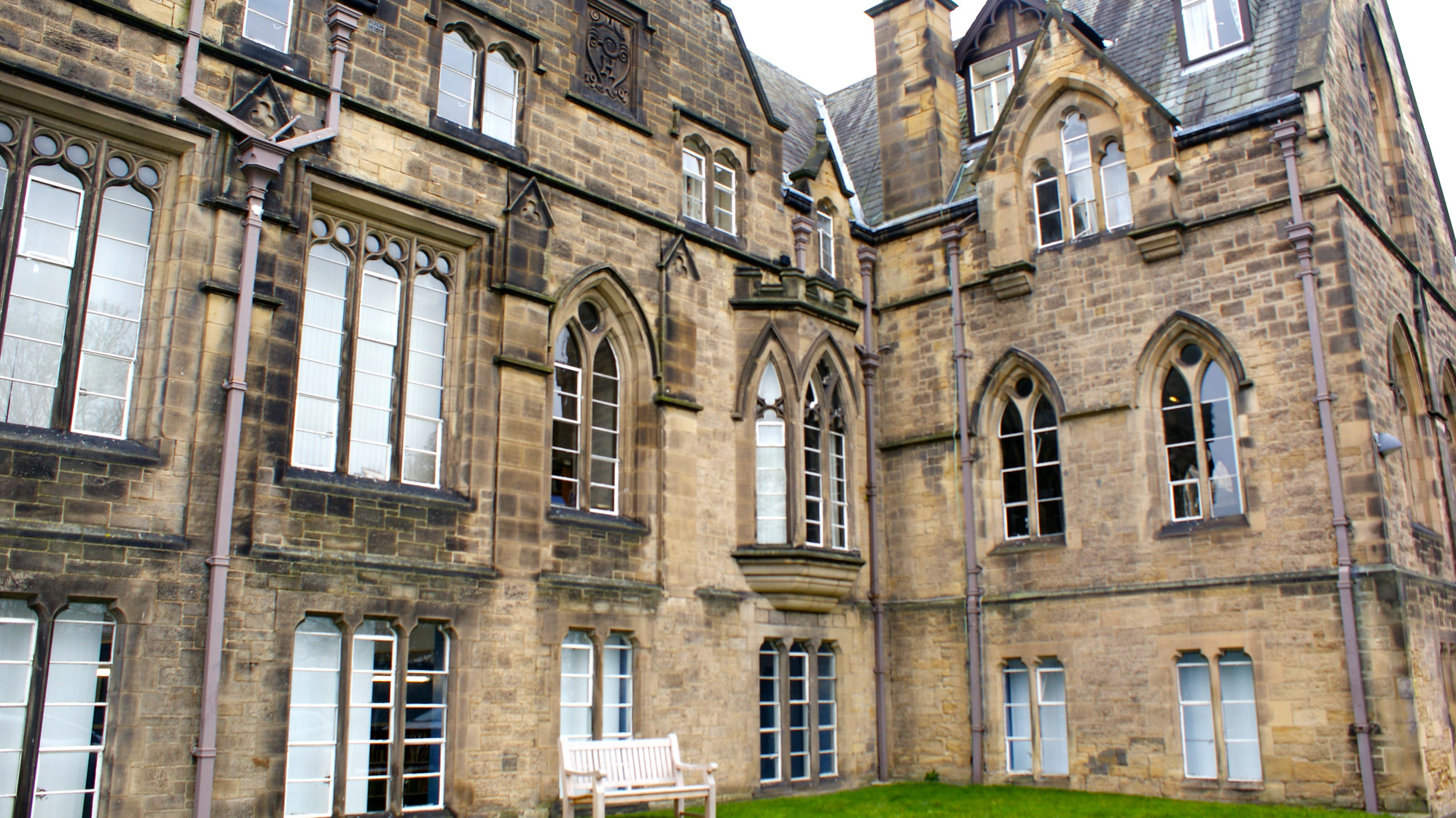
Student blogs and social media
Explore our Durham University Classics Society blog, packed full of interesting classical and classically-inspired articles.
Highlights
Entrances to Ancient Literature
Penshaw Monument: Durham’s very own Greek temple, and why it’s worth a visit
Social feeds
Get in touch
To find out more about our department and courses, contact us using the information below.
Department of Classics and Ancient History
38 North Bailey
Durham
DH1 3EU
+44 (0)191 3343170
Questions about studying here?
Check out our list of FAQs or submit an enquiry form.
Your Durham prospectus
Order your personalised prospectus and College guide here.


/prod01/prodbucket01/media/durham-university/departments-/classics-and-ancient-history/Classics1581Jun-05-2023.jpg)
/prod01/prodbucket01/media/durham-university/departments-/classics-and-ancient-history/Classics1632Jun-05-2023-1-600X401.jpg)
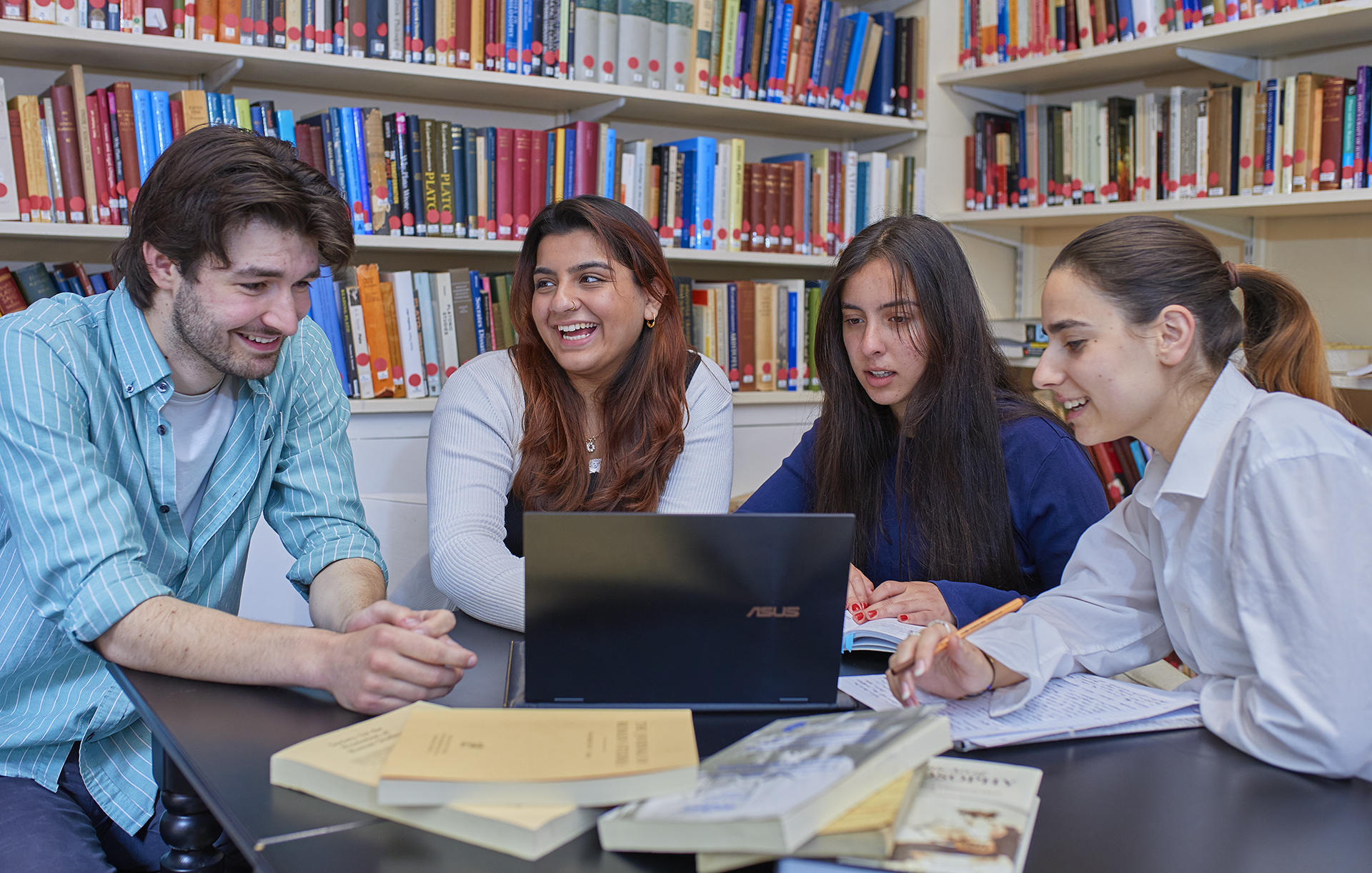
/prod01/prodbucket01/media/durham-university/departments-/classics-and-ancient-history/Classics1650Jun-21-2023-(1).jpg)
/prod01/prodbucket01/media/durham-university/departments-/classics-and-ancient-history/Romosexuality-3-edited-2.jpg)
.jpg)
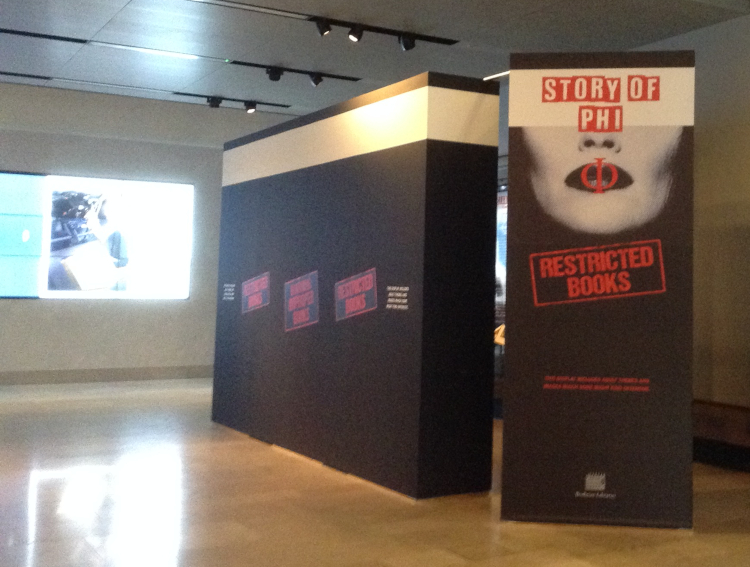
/prod01/prodbucket01/media/durham-university/departments-/classics-and-ancient-history/publications/Annual-research-theme-image.png)
/prod01/prodbucket01/media/durham-university/departments-/classics-and-ancient-history/publications/84043.jpg)
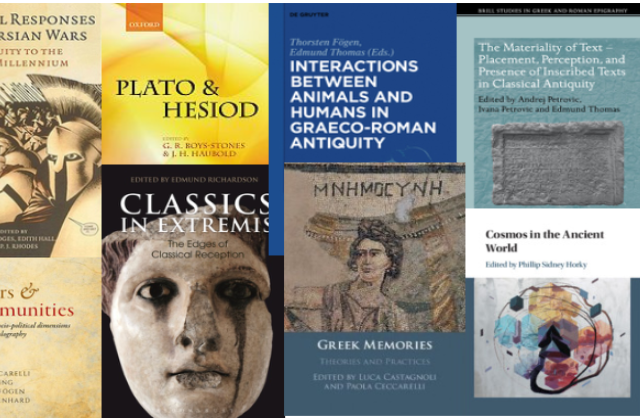


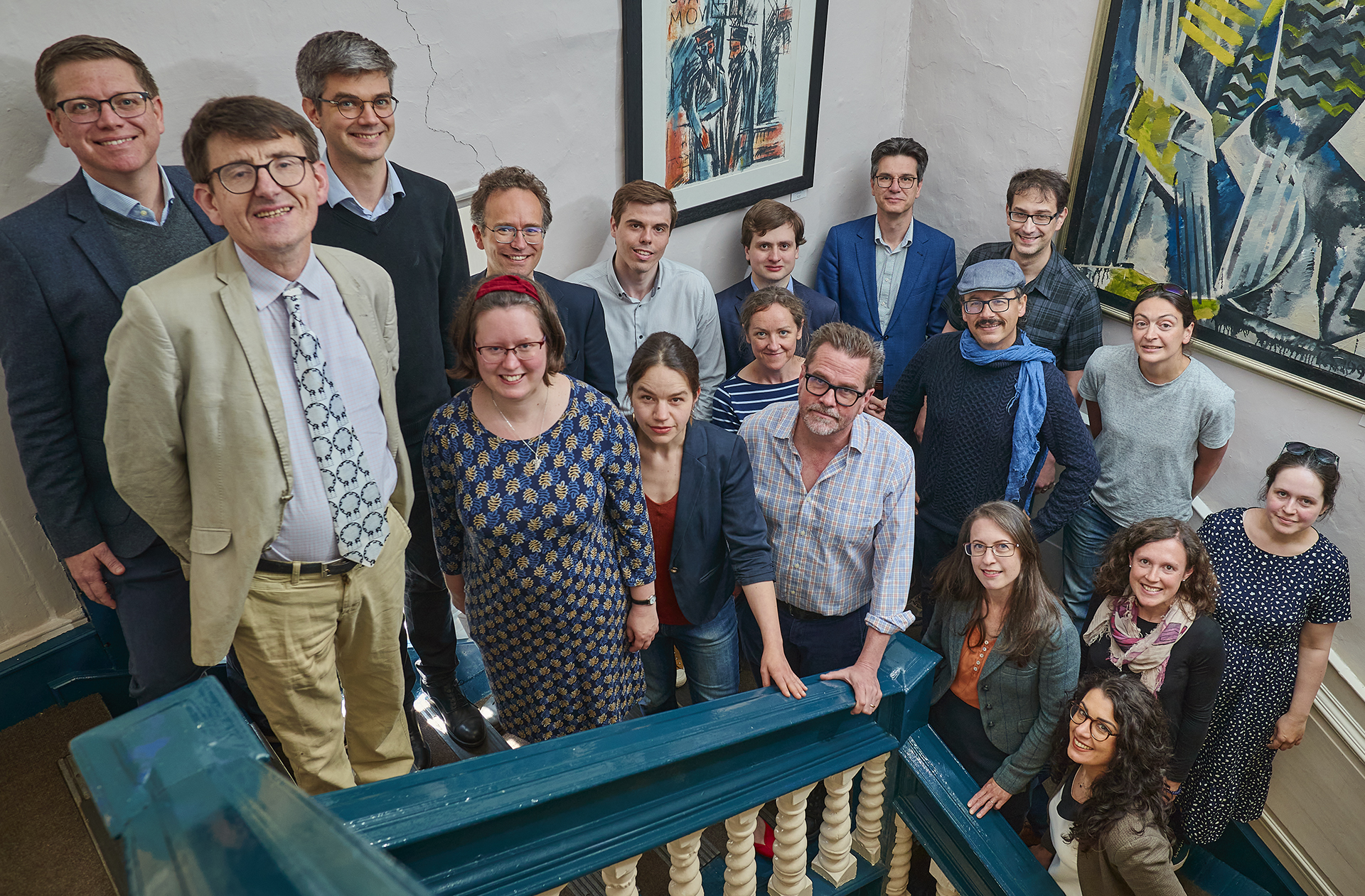
/prod01/prodbucket01/media/durham-university/departments-/classics-and-ancient-history/Student-Blog---Classics-Society.jpeg)
/prod01/prodbucket01/media/durham-university/departments-/classics-and-ancient-history/Classics1579Jun-05-2023-1.jpg)
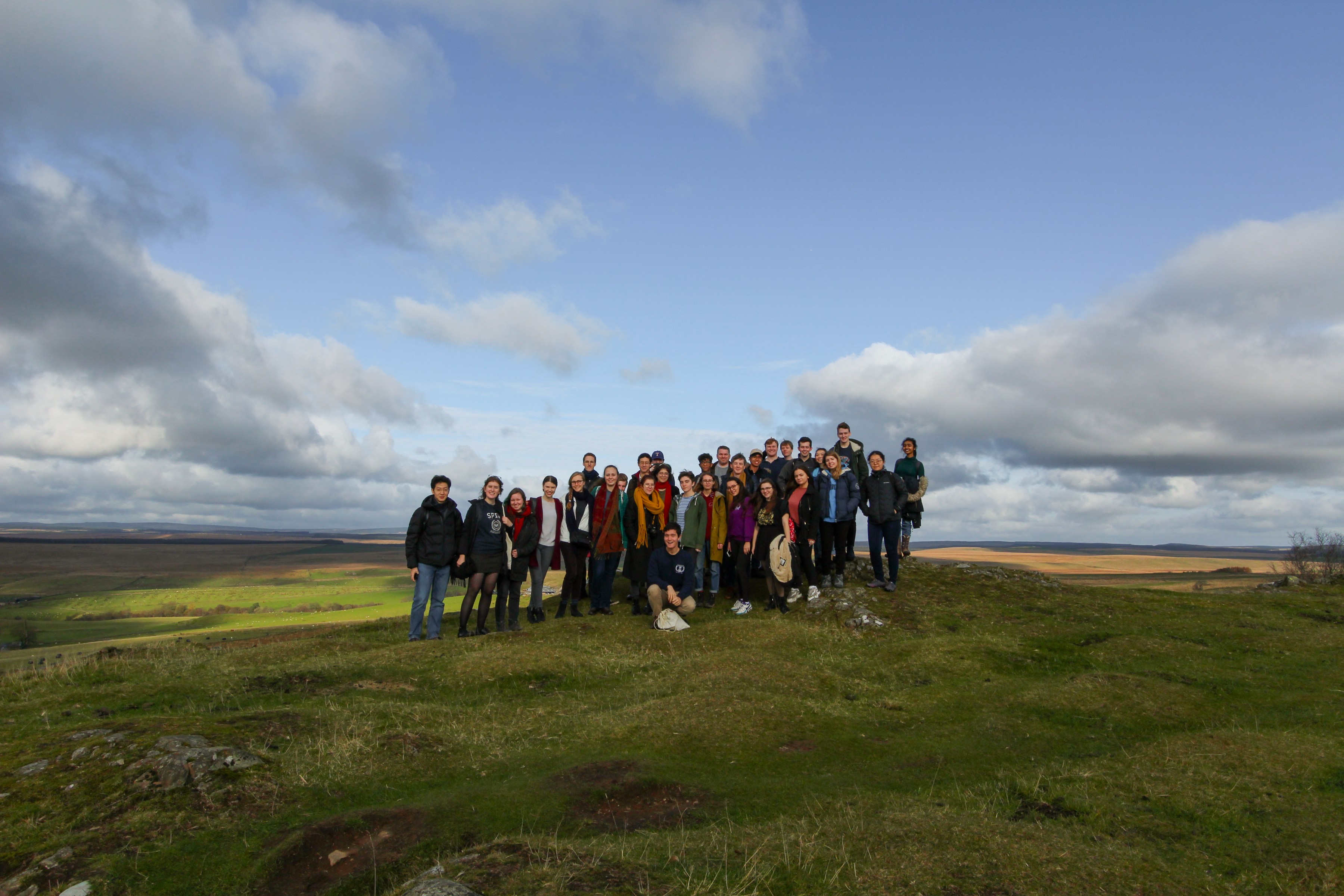
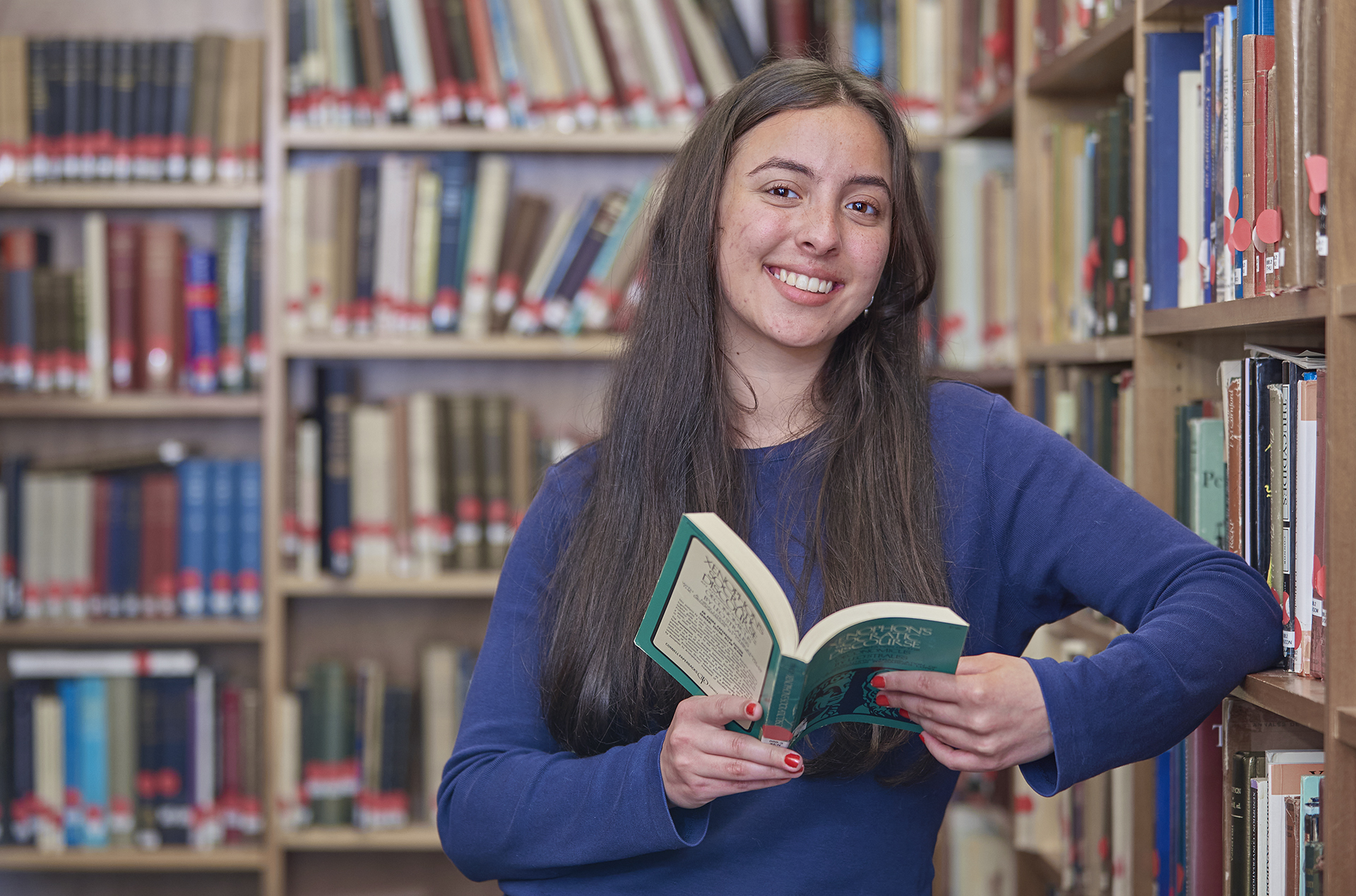
/prod01/prodbucket01/media/durham-university-business-school/site-assets/images/AdobeStock_417936070.jpeg)
/prod01/prodbucket01/media/durham-university/study/scholarships/Postgraduate-Scholarships.png)

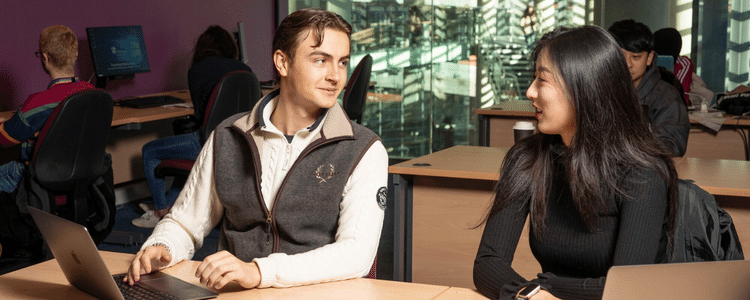
.png)

.png)
